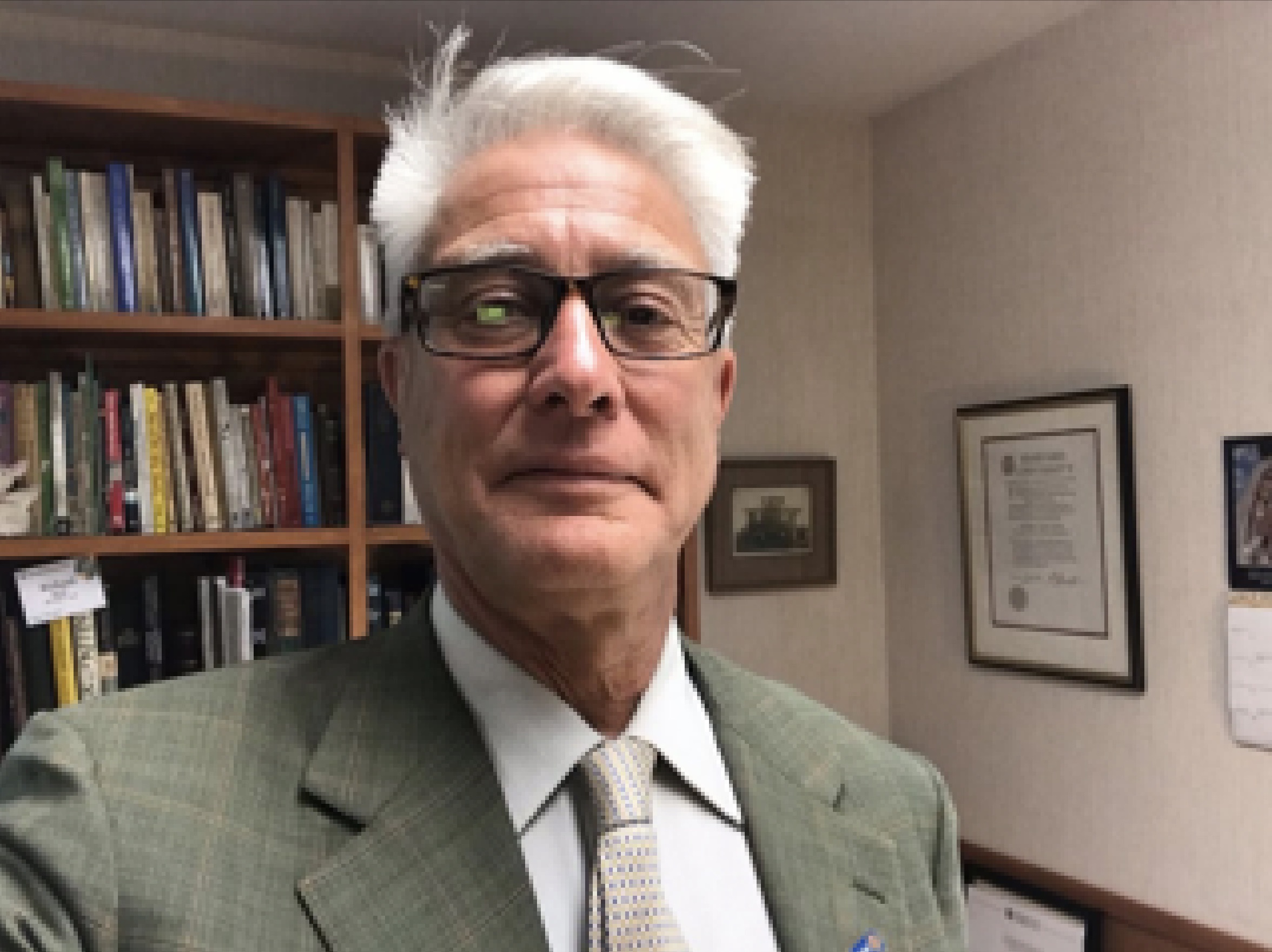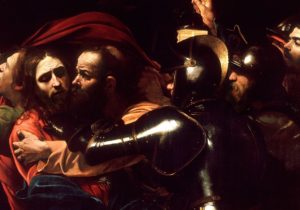Freedom was much meditated upon by Saint Paul, Luther and various Reformers, the Founding Fathers, Abraham Lincoln, and now every living American. Our ancestors came here for freedom and we have been fighting for, over, and about it ever since.
Saint Paul used the word “freedom” in his writings over twenty times and it is a key concept in his letters to the Romans, Corinthians, and Galatians. Here are three key verses from Galatians 5:
1 For freedom Christ has set us free; stand fast therefore, and do not submit again to a yoke of slavery.
13 For you were called to freedom, brethren; only do not use your freedom as an opportunity for the flesh, but through love be servants of one another. 14 For the whole law is fulfilled in one word, “You shall love your neighbor as yourself.”
The young German monk named Martin Luther studied the letters of Paul intensively and based his rebellion against the papacy upon them, penning a letter entitled:
On the Freedom of a Christian – Von der Freiheit eines Christenmenschen
Luther claimed that as fully forgiven children of God, Christians were no longer compelled to keep God’s law, the Old Testament law, or any law. However, they freely and willingly served God and their neighbors. The exact two sentences from the German are:
A Christian is a free lord over all things, subject to none.
A Christian is a perfectly dutiful servant of all things, subject to all.
This act – Luther defining Christians as free persons bound to each other by love, not by fear of a sovereign – was the beginning of the modern understanding of human beings as citizens, not subjects. It was rightly considered revolutionary in its time, and of course, it still is.
Luther’s love of freedom, balanced by love, transmitted itself from Luther through the Reformers to the New England Puritans where it soaked into the American soil. It has born a rich harvest with astounding consequences, from our great Civil War to Americans landing on beaches from Normandy to Guadalcanal, to American culture being recognized, for good or ill, as friend or foe, throughout the world.
Luther’s love of freedom balanced by responsibility has been shared by many Americans, but by no one so well as Abraham Lincoln. It is a commonplace of religious studies that America has produced a lot of religion but not many great theologians; that religion has thrived in America while theology has gone bankrupt. This statement, while clever, is seen as less true when you notice that America’s greatest theologian was America’s greatest president.
I do not claim that Lincoln read Luther – he probably didn’t. But he did read the Bible assiduously, especially as the Civil War dragged on. While he never joined a church, he did attend the New York Avenue Presbyterian Church, a short walk from the White House, throughout the war. Luther’s understanding of freedom and love had simply soaked into American culture of the time and emerged in Lincoln’s speeches with astounding clarity and power.
At Gettysburg in November of 1863, Lincoln concluded his two-minute address with a one-paragraph peroration:
“It is for us, the living, rather, to be dedicated to the great task remaining before us – through love be servants of one another, in effect – that from these honored dead we take increased devotion to that cause for which they gave the last full measure of devotion; that we here highly resolve these dead shall not have died in vain; that this nation, under God, shall have a new birth of freedom . . .”
By promising this new birth of freedom, he reiterated what he had already said in his Second Message to Congress in December of 1862: “In giving freedom to the slave, we assure freedom to the free.”
This emphasis on the power of freedom dates back even further in Lincoln’s career, to the extemporaneous speech he gave on February 21, 1861 to a crowd gathered at Independence Hall in Philadelphia:
“I have often inquired of myself, what great principle or idea it was kept this confederacy so long together. It was not the mere matter of the separation of the colonies from the mother land; but something in that Declaration giving liberty, not alone to the people of this country, but hope to the world for all future time. It was that which gave promise that in due time the weights should be lifted from the shoulders of all men, and that all should have an equal chance . . . “
How fitting then that Martin Luther King arose not long ago to proclaim freedom for all Americans, his voice ringing like the Liberty Bell from the steps of Lincoln’s Memorial, proclaiming freedom throughout the land.
The short story of American history is that America fights for freedom. Our war memorials all over Washington demonstrate this. Let me just mention one: the World War II Memorial on 17th St. at the heart of the National Mall. Amidst a number of statements engraved on its walls, we find one that is almost spine-chilling in its resonance:
“We are determined that before the sun sets on this terrible struggle, our flag will be recognized throughout the world as a symbol of freedom on the one hand and of overwhelming force on the other.”
The author of this terse and tough-minded quotation is none other than General George C. Marshall. If we remember that he was Army Chief of Staff, Secretary of State, Secretary of Defense and the author of the Marshall Plan, we get a sense of what freedom must mean in America. We cannot read Marshall’s statement now without being stunned into philosophy, especially if we walk further along the reflecting pool to ponder the memorials beside Lincoln to Korean and Vietnam War veterans, or read the news.
We still do not know how our recent foreign interventions will turn out. Afghanistan is not looking good under Taliban rule, but Iraq is slowly beginning to look better. Our intervention in Ukraine is clearly demonstrating the power of American-led NATO to help a free people to defend their country against invasion by a cruel and criminal enemy.
We do not know how our current domestic conflicts in this most divisive time in America since 1968 will turn out, but we will remain a free people and we will take risks to free others. We will always find a new equilibrium, a new birth of freedom.







 Sponsor a student for Christianity & National Security 2024
Sponsor a student for Christianity & National Security 2024